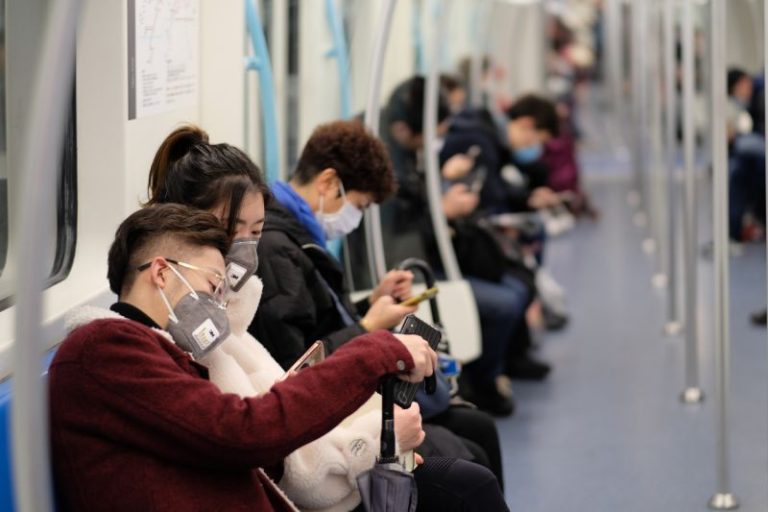The Trump administration's waiver of online course rules to help US colleges deal with the coronavirus outbreak does not appear to cover international students, putting public health at risk across the board, Northeastern University warned.
An initial group of universities, including Stanford University and the University of Washington, announced last week that they were canceling classes and using online alternatives for at least short periods of time due to concerns about the spread of the virus.
Both Stanford and Washington took the action after each had a staff member test positive for the Covid-19 strain and after the Trump administration said it would allow institutions to temporarily teach in online formats without obtaining official approvals.
Northeastern is also moving its Seattle campus temporarily to online instruction, but he protested the Trump administration's failure to include international students in the waiver; Northeastern is based in Boston, and most of its 700 students in Seattle – the US city hardest hit by Covid-19 so far – are foreigners.
Giving all students an online option is “clearly in the public interest as the community spread of Covid-19 widens across the United States,” said Northeastern President Joseph Aoun. a letter to Chad Wolf, Acting Secretary of the US Department of Homeland Security.
“Students should not be put in the difficult position of jeopardizing their health or jeopardizing their education,” Professor Aoun told Mr Wolf.
Foreign students in the US are at risk of deportation if they do not comply with the terms of their visas, which require in-person coursework, with restrictions on online alternatives.
A spokeswoman for the US Department of Education, who announced the resignation of Internet Rules, said he had no immediate comment on the matter.
The University of Washington decision covers about 50,000 students across its three campuses in Seattle, Tacoma and Bothell. Classes and finals will not be held in person for the remainder of the fall semester, which ends March 20, the institution said. The university said it expects to resume normal course operations on March 30 with the start of the spring term, “pending public health guidance”.
Stanford's decision covers its 16,500 students for the last two weeks of the current term. More than 3,000 Stanford students had signed a petition is released during the week asking for online options.
Lockdowns have become widespread at colleges worldwide and have begun to spread at the school level in the US as the global Covid-19 toll has surpassed 100,000 infections and 3,600 deaths.
Many US colleges canceling travel programs and more academic groups have canceled meetings. They include the American Council on Education, the main US higher education lobby group, which announced the cancellation of its annual conference next weekend in San Diego. ACE said in a statement that it is implementing measures to keep the meeting safe for the 1,500 attendees. “But events have overtaken ACE2020 and much of higher education,” he said. New York University Langone Medical Center ordered a 60-day ban on all staff travel.
U.S. colleges and universities are home to nearly 370,000 students from China, the world's top provider of students, and the country where Covid-19 originated and accounts for most cases.
ONE survey coverage 234 US institutions from 43 states, conducted by the Institute of International Education, found that 37 percent of them prevented at least some students from returning to the US after the holiday season because of virus-related travel restrictions.
Almost half of institutions have offered students options for distance learning and about two-fifths have offered leaves of absence or deferrals, said the IIE, which promotes international student exchange. Nine percent of institutions said they have issued refunds, the IIE said.
For Asian students who remain in the US, problems include racist backlash based on the origin of Covid-19. The University of California, Berkeley, with more than 30 percent of its students of Asian descent, apologized after its health department issued an advisory that included “xenophobia” among “normal” reactions to the virus.
paul.basken@timeshighereducation.com



